
Aktuelno
Članak
Salkić: NATO troops should be stationed on the border with Serbia
An interview with vice-president of the RS, Ramiz Salkić
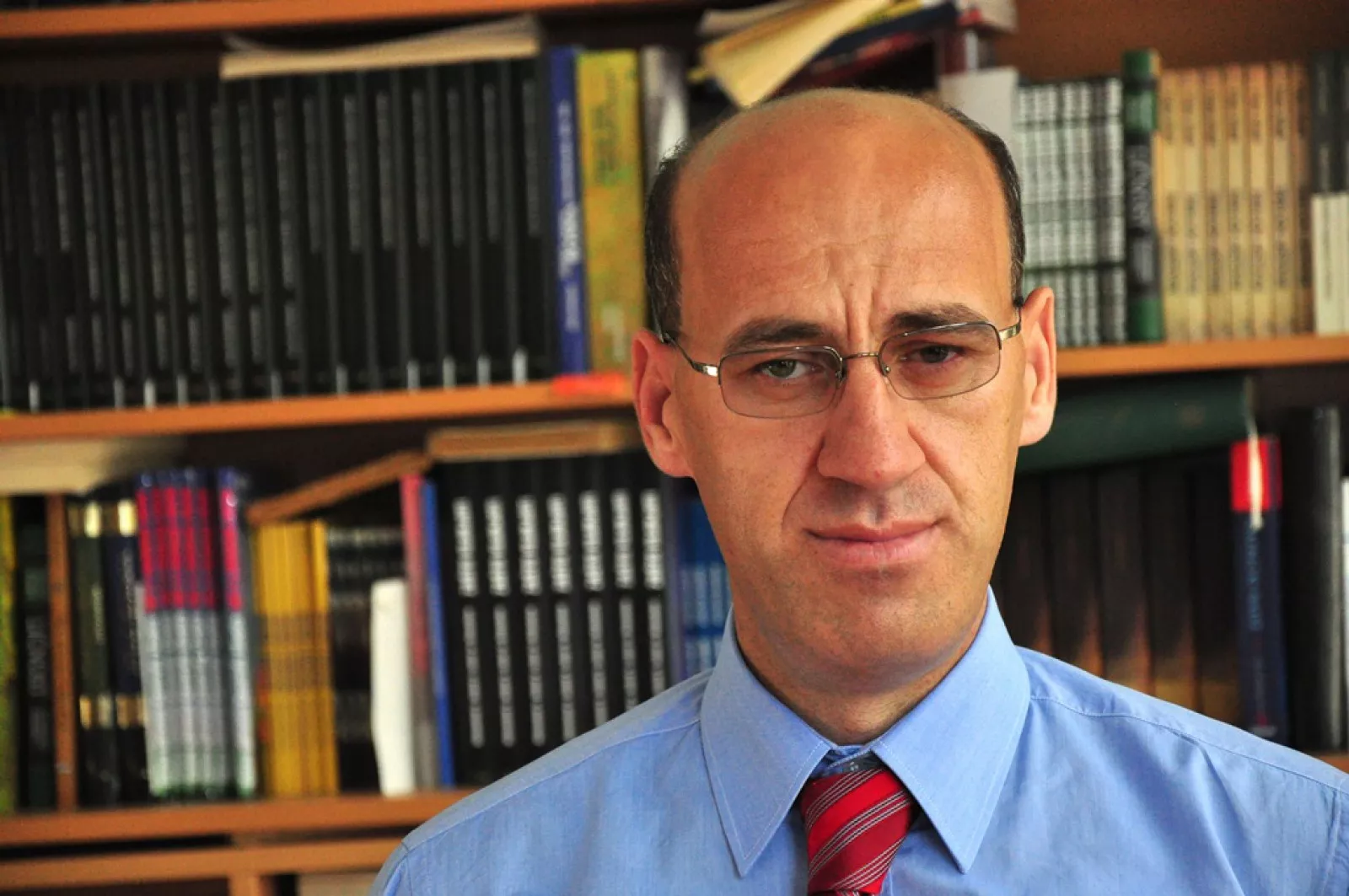
Amina Čorbo Zećo
‘The RS entity authorities behave as if we Bosniaks do not exist in this entity. Both the elected Bosniak representatives and all Bosniak citizens’, Ramiz Salkić, the vice-president of the RS, told Patria.
‘If you have an opinion about the past and the current position of Bosniaks in this entity, you may find yourself in even more difficult situation. I call things from the past and what is happening today by their names instead of using euphemisms, and thus I get into bigger problems. Such attitude of the entity authorities is reflected in everyday life of the local communities and wherever possible Bosniaks are pushed out of the local, executive and legislative branches. There are many examples in a number of municipalities of this entity such as Bratunac, Foča, Vlasenica and many others. We are currently in a very difficult and delicate moment because of Serb extremists, followers of the separatist policy of some Bosnian Serbs, who intimidate and provoke Bosniaks’, explains Salkić.
He underlines that Bosniaks are exposed to systemic discrimination without the possibility of employment in the public sector, without the possibility to take part in the decision-making in this entity.
‘Disenfranchisement has lasted for too long, with serious negative consequences for many Bosniaks in this entity. Systemic discrimination aims to ensure the realization in peacetime of one of the strategic goals of the 1992 of Bosnian Serbs for an ethnically pure Serb Orthodox space’, Salkić added.
According to the 1991 census, there were about 440,000 Bosniak Muslims in this administrative unit. According to the 2013 census, about 170,000 Bosniaks live in the RS. Today, a realistic evaluation would range from 80,000 to 100,000 Bosniaks.
‘Therefore, some 350,000 Bosniaks were expelled, killed or displaced as a result of systemic discrimination, impossible living conditions and economic survival after return.
Unfortunately, we do not have the capacity to prevent that, and those who could do are not interested in helping us in that field. The constitutional position is such that the Serb representatives can make their own decisions without having to consider our opinion and interests. The help of the OHR, the OSCE, the Peace Implementation Council and other important embassies in our country has been lacking’, Salkić points out.
Unfortunately, Bosniaks in this part of Bosnia and Herzegovina are left at the mercy of those who would most like them not to have returned. Salkić thinks that the attitude towards him and his role actually reflects the attitude towards Bosniaks and returnees.
‘It is so, no doubt. When Milorad Dodik decided to move the entity vice-president's offices out of the building where the services that serve the president and vice presidents of the entity are located, he sent a clear message as to what he thinks about Bosniaks and Croats and where they belong in the society in this entity. I understood the message, as well as the direction in which Milorad Dodik's policy would develop, so I informed domestic and international relevant factors about it. Unfortunately, I encountered a lack of understanding’, explains Salkić.
Salkić believes that the unwillingness of the international community to oppose systemic discrimination and apartheid in the educational process that began to develop in early 2011 - encouraged Dodik.
‘Had we reacted in time, we would not have been in this state today. We realized that back then Dodik enjoyed and he still does today, support of some members of the international circles for his separatist policy, but also for the implementation of systemic discrimination against Bosniaks. His policy is simple - we should not be here (in the RS), that this entity should not be part of Bosnia and Herzegovina and that an ambiance should be created in which we cannot survive here, but also an ambiance in which Bosnia and Herzegovina cannot function. That is also the goal of our neighbor Serbia, regardless of their sporadic statements about 'respecting sovereignty of BiH'.
Practical activities and cooperation with the entity, without cooperation with the state of Bosnia and Herzegovina, confirm that. Everything they build in this entity they name after Serbia or some toponyms that are directly related to Serbia. In every respect, they want to make this part of Bosnia and Herzegovina look like Serbia, as much as possible. That’s the message for the inhabitants of this entity, but also to whoever is passing through this part of Bosnia and Herzegovina’, underlines Salkić.
Speaking about the security situation of returnees as well as an appeal of the Chairman of the Presidency Željko Komšić that NATO should protect places of return, Salkić says:
‘The peace has never been so much at risk since the signing of the Dayton Peace Agreement. Bosniaks are disturbed by daily, organized and deliberate provocations supported by the system. Many are wondering if it is time to leave their newly rebuilt homes again.
Lined up troops in Banja Luka and the singing of pro-fascist songs by members of the entity Interior Ministry that is supposed to guarantee security for us Bosniaks as well, send a very clear message. Their role is to protect only the citizens of Serbi nationality. Bosniaks have been exposed to various forms of harassment and humiliation for years, and now they are attacking our security and safety. Entity police should guarantee security to all citizens, and they are proud to be followers of the police that was convicted of genocide against Bosniaks and other heavy crimes in Prijedor, Bijeljina, Vlasenica and many other places’, explains Salkić.
He thinks that such police cannot be of use to all citizens in what should be an objective and non-biased establishment and maintenance of public order and peace.
‘Bosniaks do not trust such police. I have a good reason to suspect its bias and propensity to pursue the separatist goals of some Bosnian Serbs, led by Milorad Dodik. Citizens often complain about tendentious behavior of police officers in everyday life. This is supported by the national structure of employees in the entity Interior Ministry with app. 95% Serbs, while about 5% are all others. Such ethnically cleansed, and militarized, police pose an objective threat to Bosniaks in the entity.
Due to these facts and the undoubted existence of activities and plans for the division of Bosnia and Herzegovina, there is a logical need for international forces to be stationed at key points on the border with Serbia.
Bosniaks are concerned about the current situation and do not trust the environment to which they have returned due to the fact that that environment glorifies war criminals, denies genocide, and many perpetrators of serious war crimes and genocide are at large. All that poses a potential and real threat to the peace and lives of Bosniaks in this part of our homeland. We should never forget that Serbia was convicted before the International Court of Justice in The Hague for not preventing genocide and not punishing the perpetrators of genocide. Even today, Serbia is a safe haven for many suspected and convicted war criminals.
That is a logical and rational reason for the deployment of NATO forces on the border with Serbia. That would relax relations to some extent, reduce tensions and enable return of normal life’, adds Salkić.
#English
Najnovije
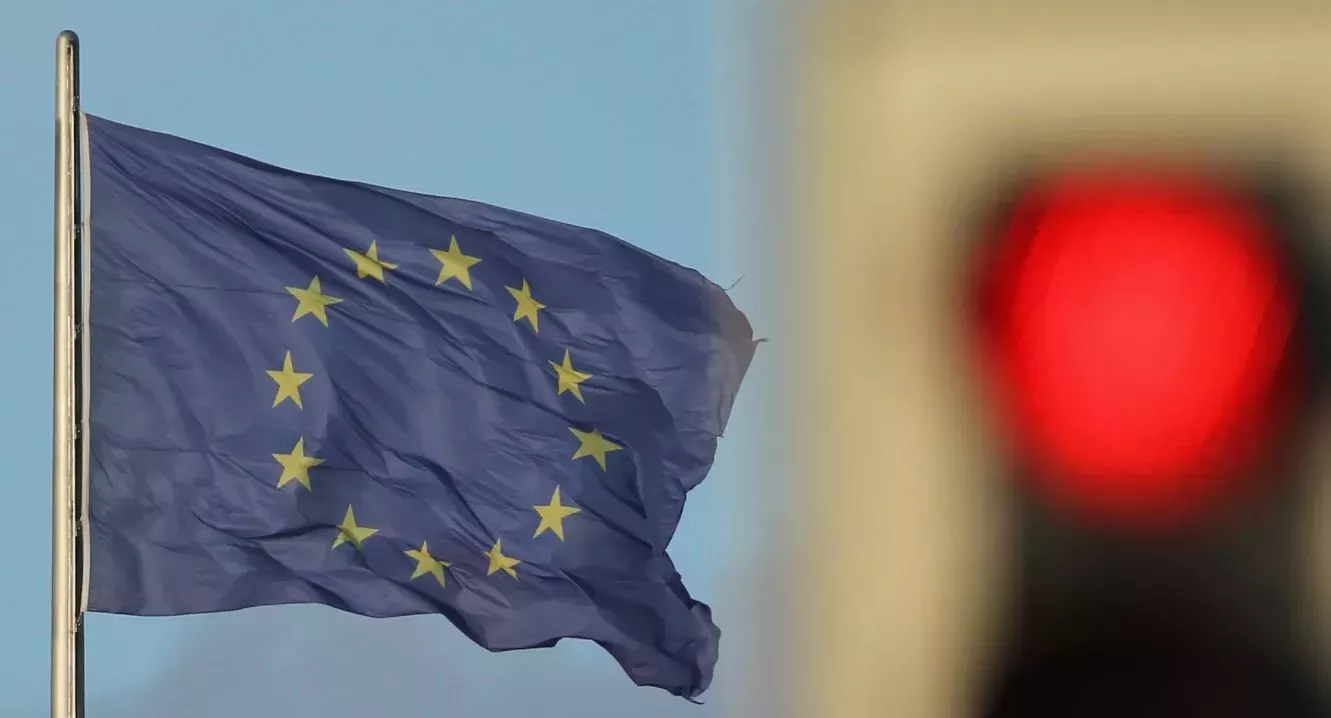
Brisel bez snage: Ako EU ne može obuzdati Mađarsku, kako će zaštititi BiH od Hrvatske?
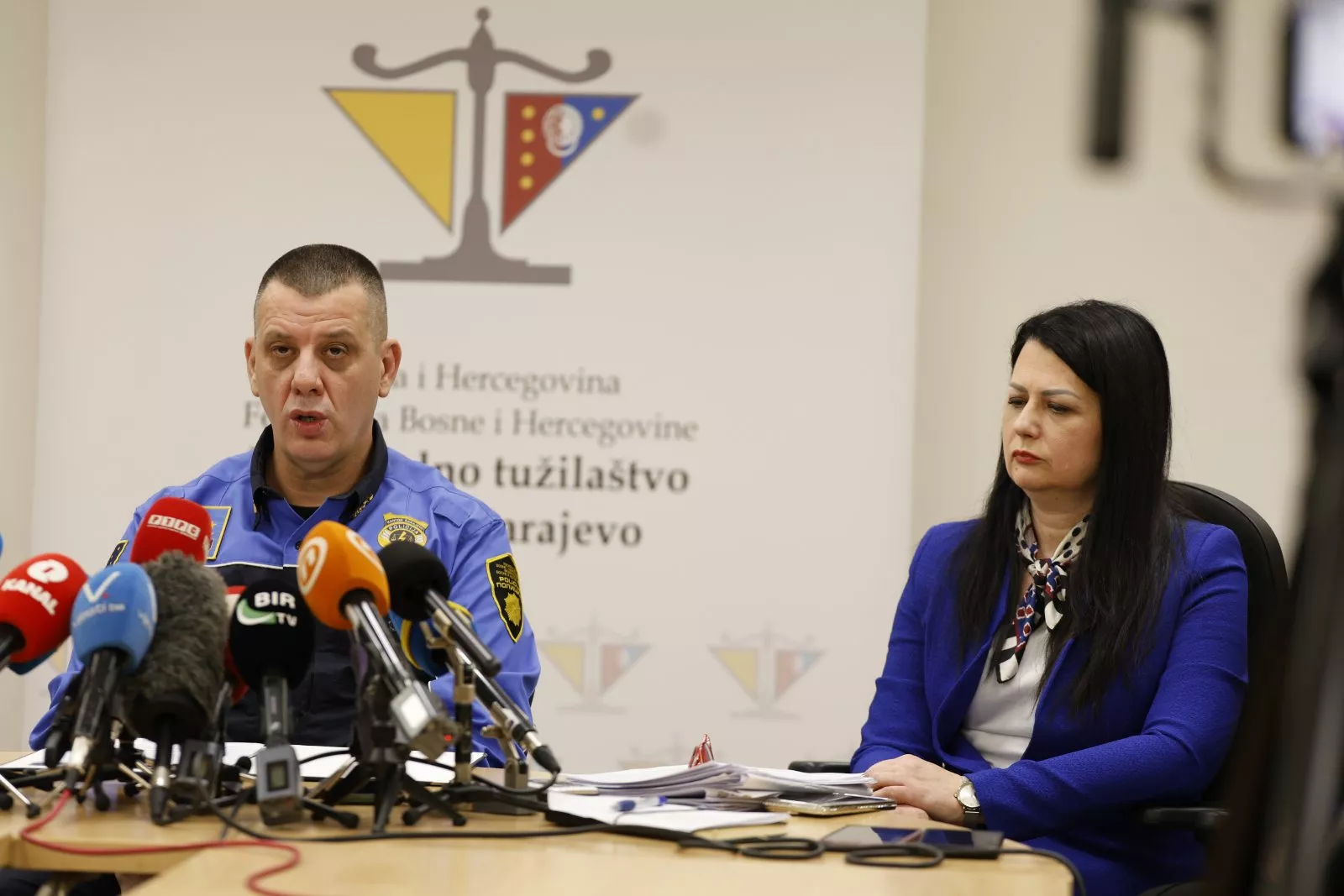
Javnost je očekivala odgovore, a Tužilaštvo i MUP KS su ih izgubili kada je pala podvala ‘vozač je kriv’!
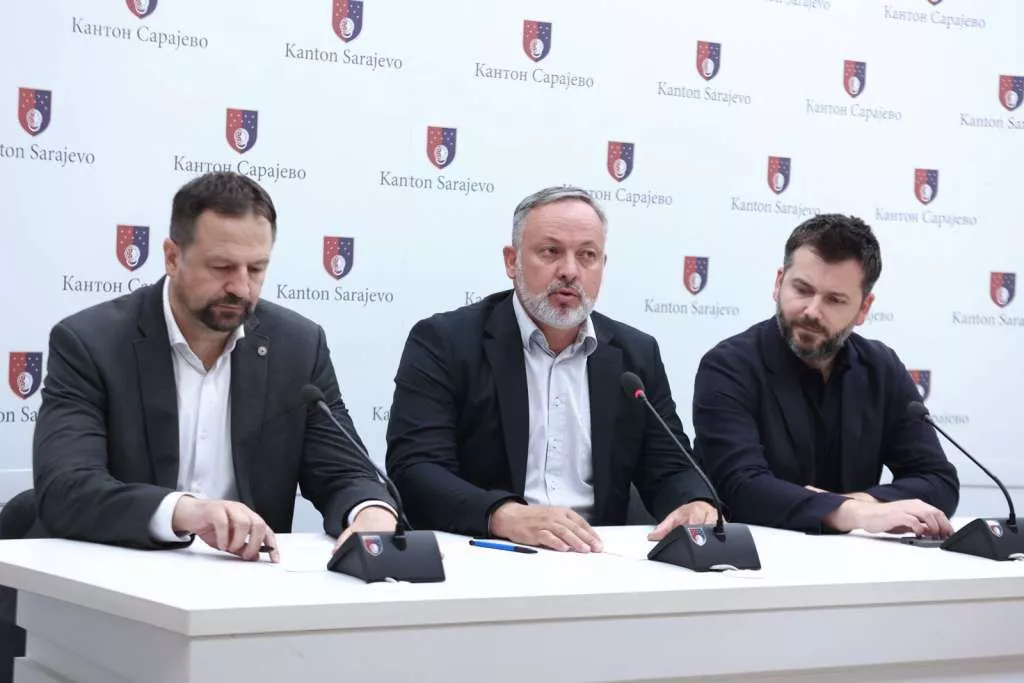
SDA, SBiH i DF: Trojka priprema prevaru građana, namjera joj je da Vlada KS nastavi raditi u tehničkom mandatu
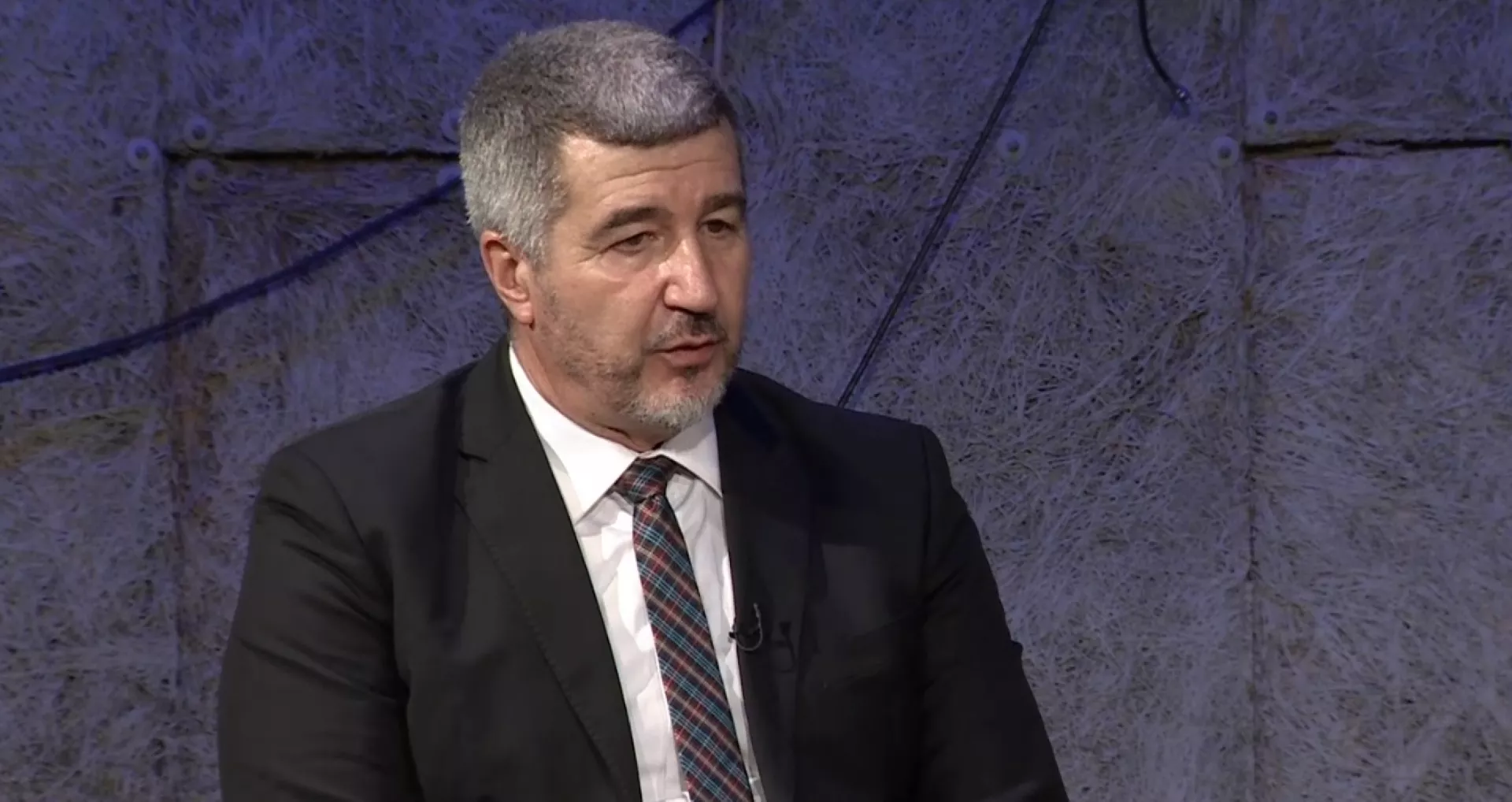
Karamehmedović: Sutra ističe rok koji nam je dala EBU, slijedi blokada računa i mogući kraj BHRT-a
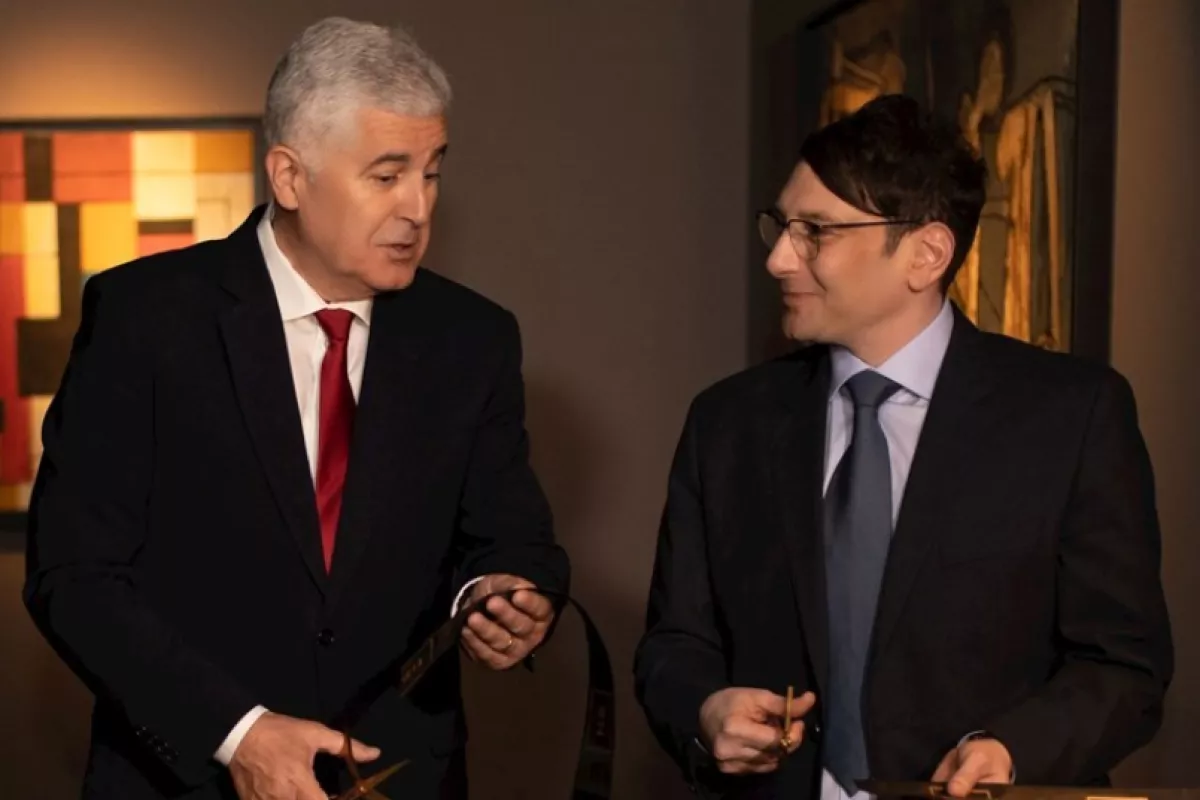
Južna interkonekcija na mrtvoj tački: Dok Kabiri obmanjuje Amerikance, predstavnici HDZ-a koče proces izgradnje
Najčitanije
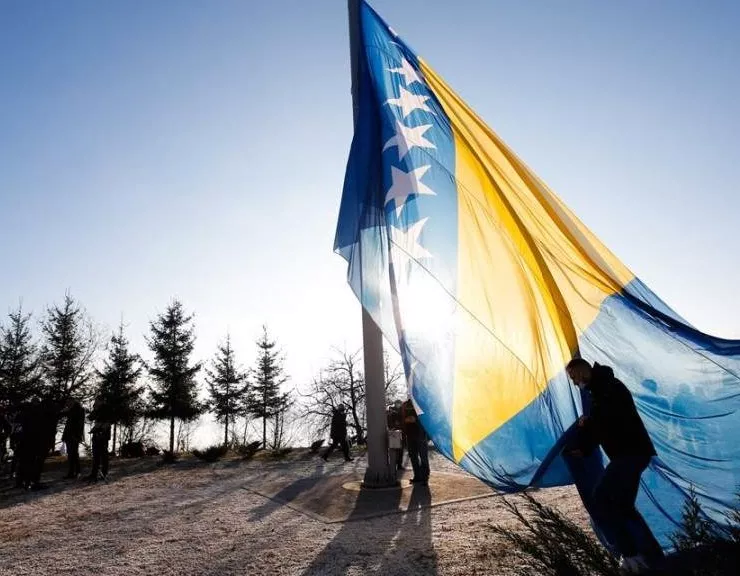
Dan nezavisnosti BiH obilježava se 1. marta i ne prenosi se, Hota-Muminović proglasila i 2. mart neradnim danom?
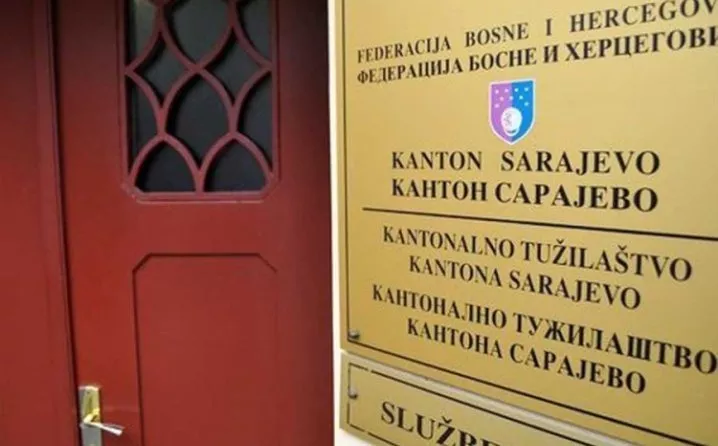
ŠTETA I UK NE ZNAJU Tužilaštvo KS neće provoditi istragu o dugu KJKP Gras zbog neplaćanja poreza i doprinosa
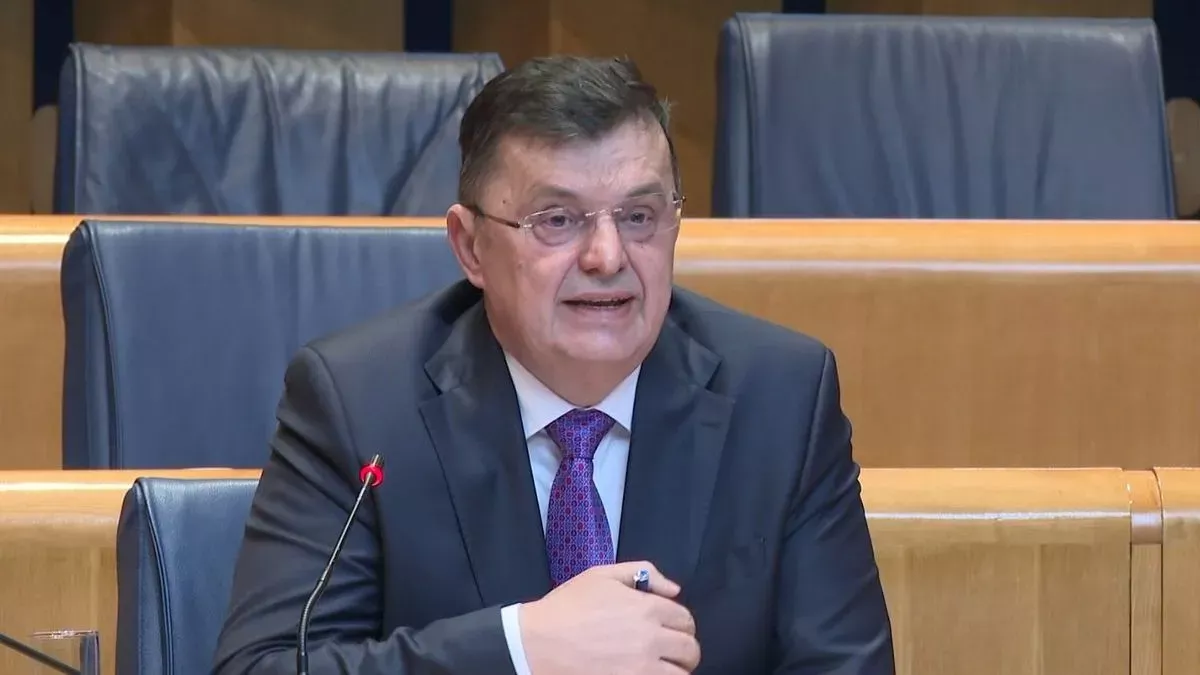
Komisiji za borbu protiv korupcije stigle prijave: Ko unaprijed gradi carinske terminale za UIO i kome se pogoduje
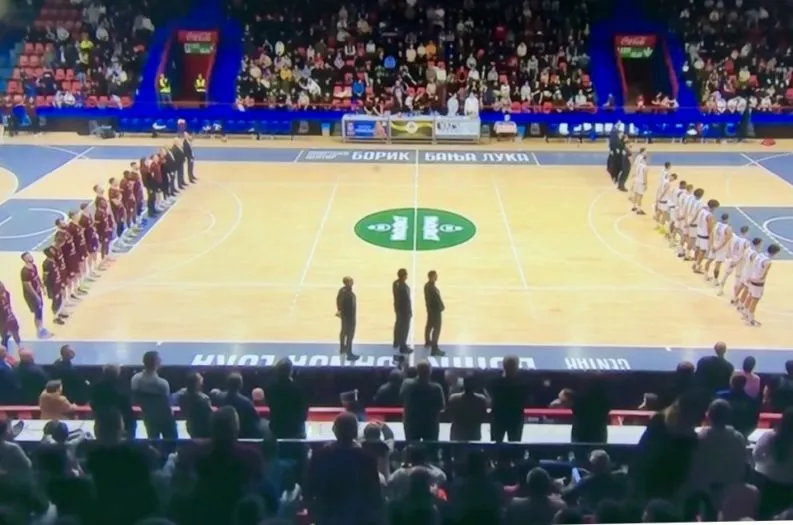
UTAKMICA BORCA I BOSNE U Banja Luci izviždana i prekinuto intoniranje himne BiH
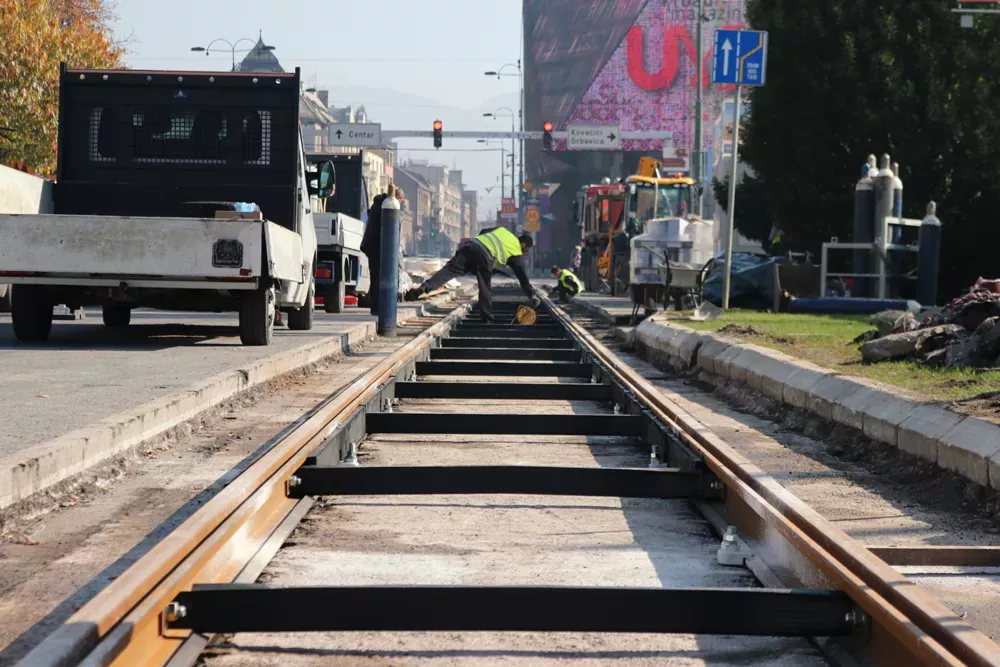
Vlada KS: Rekonstruisana tramvajska pruga ima sve upotrebne dozvole
